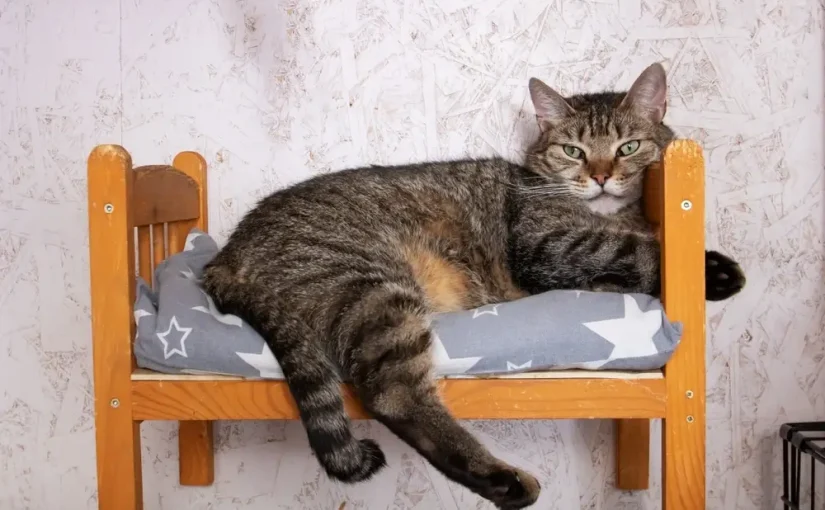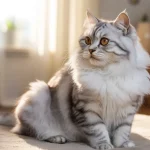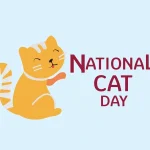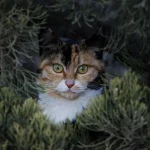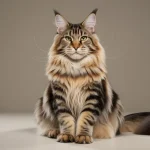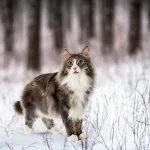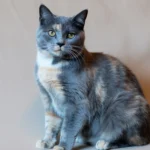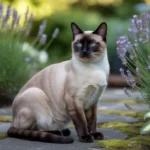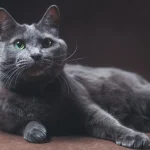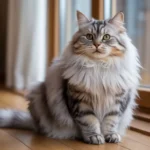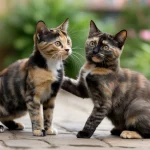The Domestic Shorthair Cat is one of the most cherished feline companions around the world. These charming, easygoing cats aren’t a formal breed but a category of mixed-breed cats known for their short coats and robust health. Whether you’re a first-time pet owner or a seasoned cat lover, the Domestic Shorthair offers affection, adaptability, and a one-of-a-kind personality.
With a typical Domestic Shorthair Cat lifespan ranging from 12 to 15 years or more, they are recognized for their resilience and longevity. But don’t let their simple name fool you—these cats are anything but ordinary.
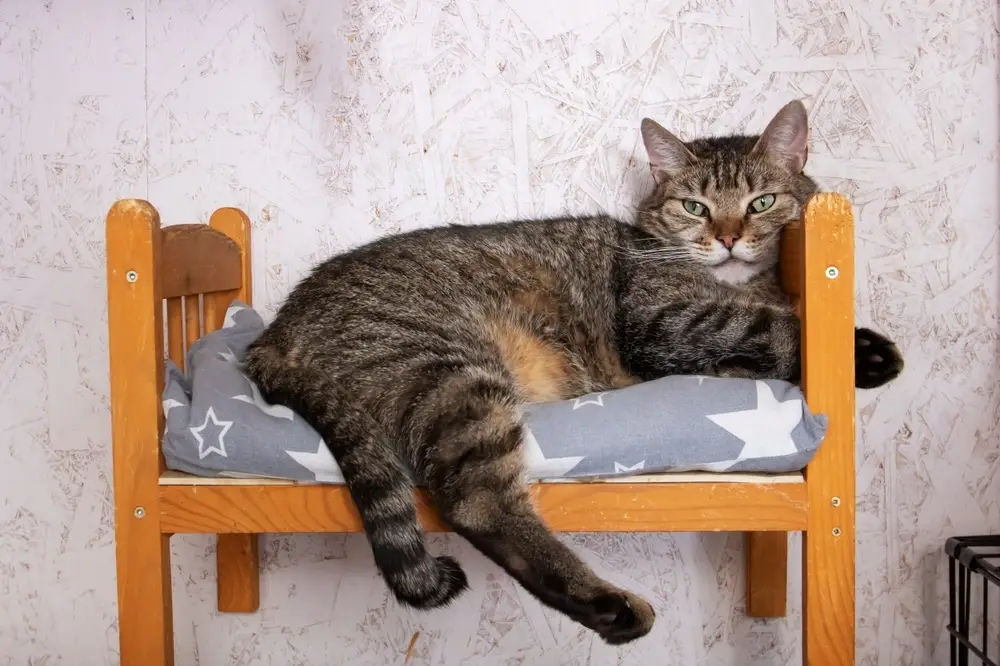
Content
What Is a Domestic Shorthair?
You might ask, Is Domestic Short Hair Cat a Breed? Technically, it’s not. Unlike purebred cats with documented lineages, Domestic Shorthairs are a mix of various breeds developed naturally over generations. They’re often compared to mixed-breed dogs—adorable, unique, and full of character.
Despite not being an official breed, Domestic Shorthairs are well-known for their diverse appearances and widely appreciated personalities. In the UK, they’re lovingly referred to as “moggies,” and in the U.S., they’re among the most common cats in homes and shelters.
Domestic Shorthair Cat Breed History
Domestic Shorthair Cats have a rich and practical history. It’s believed they descended from felines brought to North America by early settlers to control pests on ships and in homes. Over the centuries, they adapted to their environments, developing into strong, healthy cats through natural selection rather than selective breeding.
Their genetic diversity is part of what makes them so hardy. They’re less prone to the hereditary issues seen in many purebred cats, making them ideal companions for owners looking for a low-maintenance yet affectionate pet.
Domestic Shorthair Cat Weight and Physical Traits
The typical Domestic Shorthair Cat weight ranges from 6 to 16 pounds, depending on factors such as gender, diet, and activity level. They have muscular, medium-to-large builds and are known for their athleticism and agility.
Their short, low-maintenance coat comes in a wide variety of colors and patterns, including:
- Domestic Shorthair Cat Black – Mysterious and elegant with shiny, dark coats.
- Domestic Shorthair Cat Black and White – Known as “tuxedo cats,” they have striking patterns and playful personalities.
- Domestic Shorthair Cat Orange – Often friendly and bold, orange cats are crowd-pleasers.
- Domestic Shorthair Tabby Cat – Recognizable by their signature striped or spotted markings.
- Domestic Shorthair Cat Grey – Sleek and stylish, often with a calm and composed demeanor.
Shorthair Cat Lifespan and Health
Thanks to their diverse genetic backgrounds, Domestic Shorthairs are generally healthy cats with fewer hereditary issues. The Domestic Shorthair Cat lifespan is typically 12 to 15 years, though many live longer with proper care.
Common health concerns may include:
- Obesity – These cats love to eat, so weight management is important.
- Dental problems – Regular brushing and dental check-ups can prevent gum disease.
- Kidney and heart conditions – Routine vet visits help with early detection.
Feeding a balanced diet, ensuring regular vet visits, and keeping them active are essential to a long and healthy life.
Domestic Shorthair Cat Personality
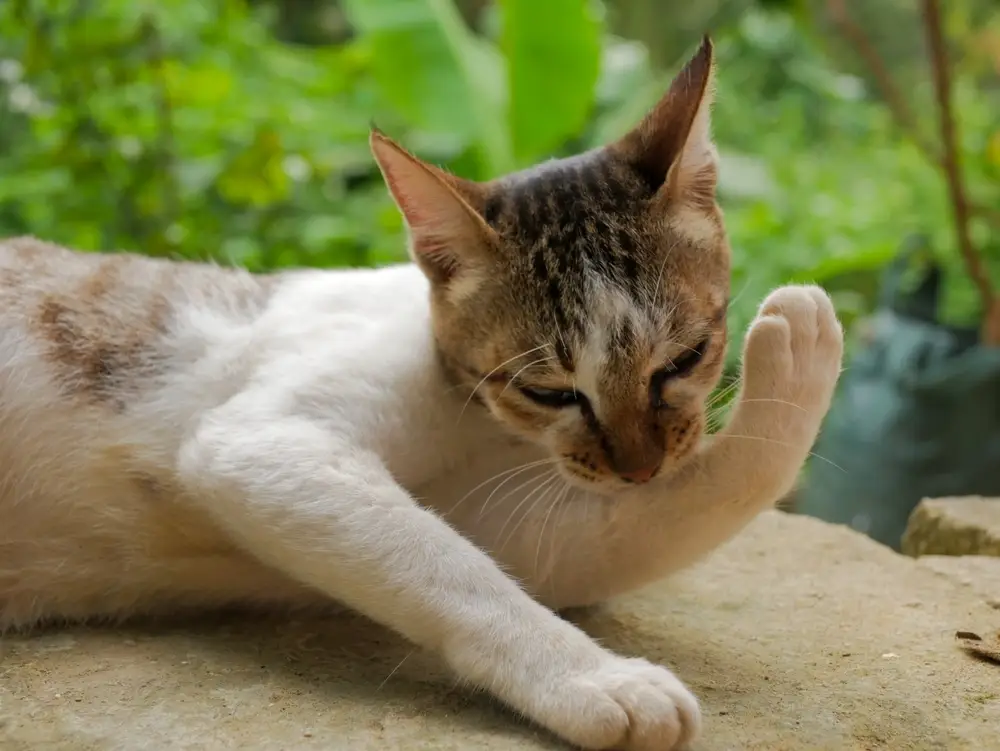
The Domestic Shorthair Cat personality varies from cat to cat, but there are common traits most owners will recognize. These cats are often:
- Affectionate yet independent – They love attention but are happy to nap alone.
- Curious and playful – They enjoy exploring and staying engaged with toys.
- Laid-back and adaptable – They adjust well to different environments and family setups.
Each Domestic Shorthair brings their own flair, but most are sociable, intelligent, and make strong bonds with their human companions.
Shorthair Cat Care Tips
Although they require less grooming than long-haired breeds, Domestic Shorthairs still need regular care:
- Nutrition – Feed them high-quality cat food and watch portion sizes.
- Grooming – A weekly brush will reduce shedding and help keep their coat in great shape.
- Exercise – Toys, climbing trees, and interactive play are great for stimulation.
- Veterinary care – Annual exams and up-to-date vaccinations are vital.
They adapt well to apartment living and enjoy indoor environments, but they also benefit from play areas and perches where they can observe their surroundings.
Shorthair Cat Colors and Patterns
One of the most appealing aspects of the Domestic Shorthair is their visual diversity. You’ll find them in every color combination imaginable:
- Domestic Shorthair Cat Orange – Known for their vibrant color and confident attitude.
- Domestic Shorthair Cat Grey – These cats look refined and have a quiet charm.
- Domestic Shorthair Tabby Cat – With their distinct striping, they’re a classic choice.
- Domestic Shorthair Cat Black and White – Their unique patterns and outgoing personalities make them stand out.
No matter their coloring, each cat has a personality as unique as their appearance.
Should You Adopt a Domestic Shorthair?
Absolutely. These cats make wonderful pets for people of all ages and household types. Their friendly nature, adaptability, and minimal grooming needs make them a great fit for families, seniors, and singles alike.
They’re also widely available in shelters, meaning you can likely find a loving Domestic Shorthair ready for adoption in your area. When considering adoption:
- Visit shelters – Many DSH cats are looking for forever homes.
- Learn about their behavior – Ask shelter staff about the cat’s temperament.
- Spay/neuter – It’s good for health and helps reduce overpopulation.
Final Thoughts
The Domestic Shorthair Cat may not have a prestigious pedigree, but they’re champions in their own right. With their long lifespan, diverse appearances, and adaptable nature, they’re a favorite among cat lovers for good reason.
Whether you’re drawn to a Orange, a dapper Black and White, or a regal Cat Grey, there’s a perfect match out there for you.Looking for a loyal, healthy, and lovable feline friend? You’ll find it in a Domestic Shorthair.
Learn more about the majestic Norwegian Forest Cat and what makes this fluffy feline so unique.
FAQs
Is a domestic shorthair a good cat?
Yes, Domestic Shorthairs are friendly, low-maintenance, and make excellent family pets.
What breed is a domestic shorthair cat?
Domestic Shorthair isn’t a specific breed but a mix of various breeds with short coats.
Are domestic shorthair cats cuddly?
Many Domestic Shorthairs enjoy cuddling, though their affection levels vary by personality.
Do domestic shorthair cats shed?
Yes, they shed moderately, but regular brushing helps reduce loose hair.

Meet Max, the dog’s best friend. He’s a pup-loving pro, sharing tips on training, grooming, and adventures with our four-legged companions.
